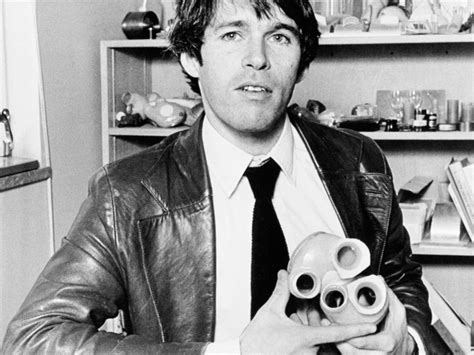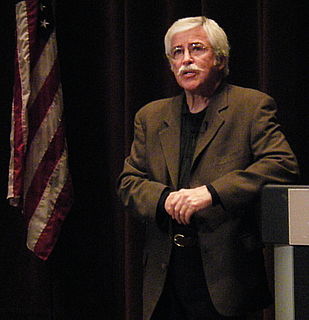A Quote by Marilyn Ferguson
Real progress in understanding nature is rarely incremental. All important advances are sudden intuitions, new principles, new ways of seeing. We have not fully recognized this process of leaping ahead, however, in part because textbooks tend to tame revolutions...They describe the advances as if they had been logical in their day, not all shocking.
Related Quotes
For my part, I rather distrust men or concerns that rise up with the speed of rockets. Sudden rises are sometimes followed by equally sudden falls. I have most faith in the individual or enterprise that advances step by step. A mushroom can spring up in a day; an oak takes 50 years or more to reach maturity. Mushrooms don't last; oaks do. The real cause for an enormous number of business failures is premature over-expansion, attempting to gallop before learning to creep. Sudden successes often invite sudden reverses.
Science is a human activity, and the best way to understand it is to understand the individual human beings who practise it. Science is an art form and not a philosophical method. The great advances in science usually result from new tools rather than from new doctrines. ... Every time we introduce a new tool, it always leads to new and unexpected discoveries, because Nature's imagination is richer than ours.
Taking a look back, one big reqret is, I left Harvard with no real awareness of the awful inequities in the world. The appalling disparities of health and wealth and opportunity that condemned millions of people to the lives of despair. I learned a lot here at Harvard about new ideas and economics, and politics. I got great exposure to the advances being made in the sciences. But humanities greatest advances are not in its discoveries, but in how those discoveries are applied to reduce inequity.




































